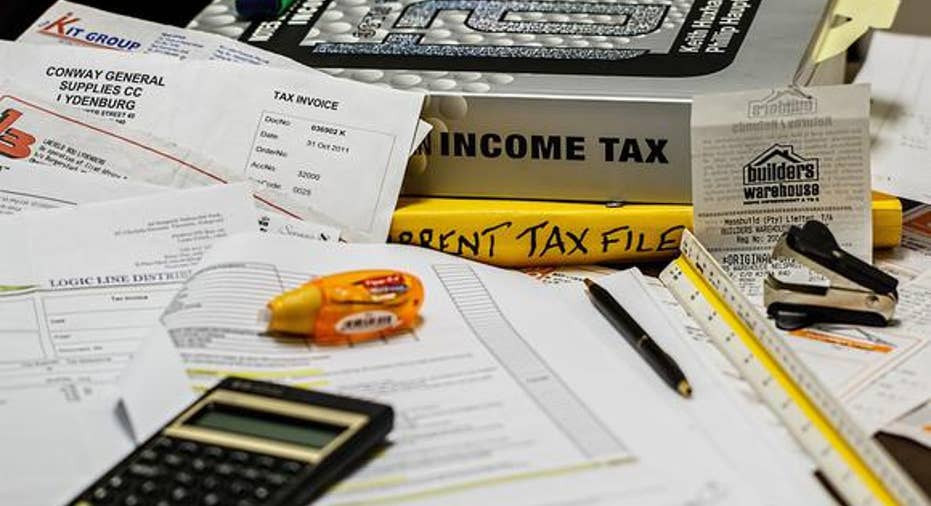How to Pay the Government Less Money Legally

It’s bad enough that you have to give a chunk of your income to Uncle Sam, but it’s even worse when you also have to give a chunk of money to a tax preparer that fails to spot savings for you or makes mistakes that land you in hot water with the IRS. Good tax preparers will save you as much money as possible while charging a reasonable price for their services.
How do you find the best tax preparer for your needs? Consider these points as you search.
Complexity – The complexity of your taxes may make a big difference in your choice. Chains such as H&R Block and Jackson Hewitt may suffice for less complex tax returns, or you may decide to go with tax preparation software and do it yourself.
For more complex returns, you should consider a Certified Public Accountant (CPA), tax attorney or an Enrolled Agent (EA) with significant tax experience. EAs are credentialed by the IRS, are often ex-IRS employees, and can represent you at any IRS meeting.
Do not be a cheapskate with a complex return, but make sure that you get the expertise that you are paying for. Better to pay some now than a lot later!
Credentials and Expertise – You want someone that is registered with the IRS and has a Preparer Tax Identification Number (PTIN). Anyone who fills out your returns for a fee is legally required to have one.
CPAs, EAs, and tax attorneys will undergo different levels of tax training, but that does not necessarily mean they have filed any returns. Even if they have, their expertise may be in different areas, and they may be more familiar with deductions in a specific area (such as the self-employed or very active investors). You want a preparer with expertise in returns for your field.
Ask about their credentials and professional memberships such as the National Association of Tax Professionals and the National Association of Enrolled Agents. If you don’t feel comfortable with their answers, keep searching.
Finally, make sure your preparer is familiar with state tax issues as well as federal ones. If you live and work in different states, that is a non-trivial issue.
Costs – Fees will vary by area of the country, complexity of the tax return, expertise of the preparer, and your level of organization. The stereotypical shoebox full of crumpled receipts will earn you a higher bill – as it should.
Generally, greater expertise commands a higher fee, but this is not always true. Chain preparers can be unusually expensive, and CPAs/EAs can be a bargain. Comparison-shopping often pays off.
Avoid anyone who tells you the fee will be a percentage of the return, or promises you a higher return without even looking at your records.
Reviews – Check online reviews, the Better Business Bureau, and professional organizations for feedback and complaints. If anyone you trust has had personal experience with the preparer, ask him or her for an honest assessment.
Experience – Choose a preparer with both longevity and experience in your field. You want to be confident they will be available in case there are issues with the return.
Services and Support – Do they offer electronic filing options? Most legitimate preparers will offer this capability. Whether you want to e-file or not, an inability to e-file is a big red flag.
What does the preparer offer as support if your return is questioned or audited? Will they attend the audit with you? Will they respond to the IRS on your behalf? Do they offer to pay any IRS penalties that are solely the result of their error? You will likely pay extra for higher levels of services; go over that as part of your cost discussions.
Choose a tax preparer wisely and hold on to as much of your money as you can. Why give up more tax money than you have to?
More from MoneyTips.com:Tax Preparation SoftwareLove Letters from the IRSComparing Tax Preparation Software



















